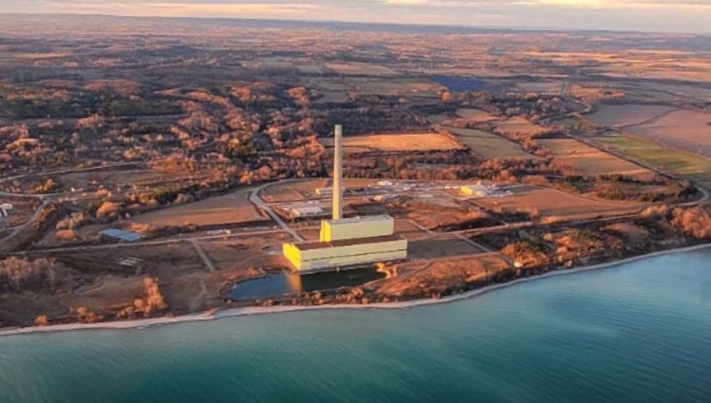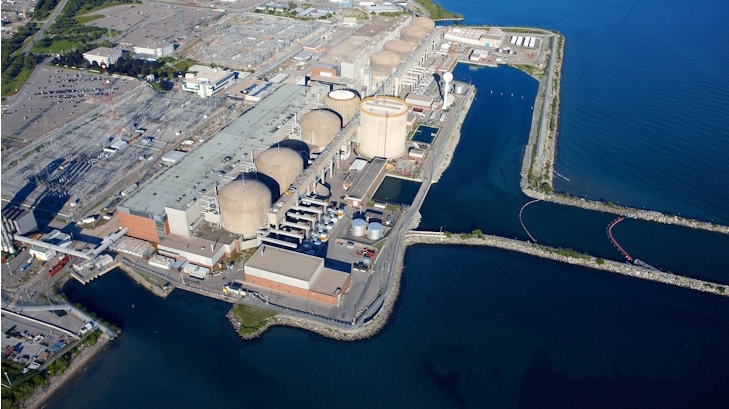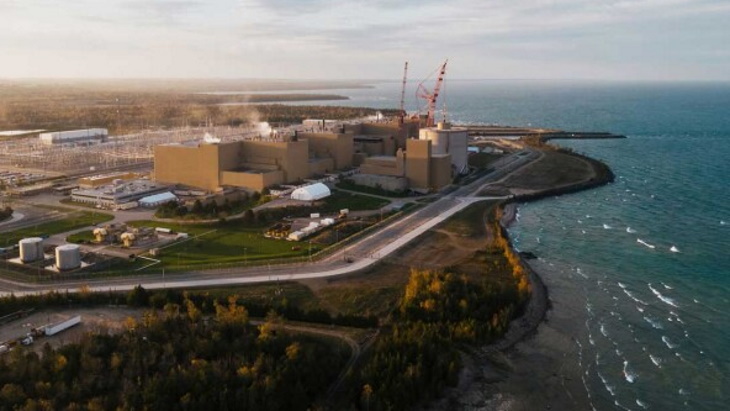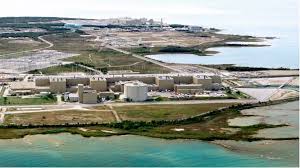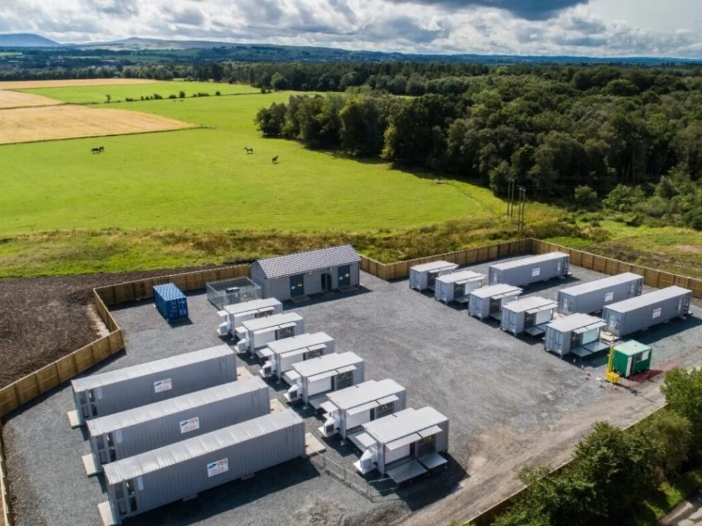
RES has said it is “disappointed” with the outcome. Image: RES.
Renewable energy developer RES has been denied planning approval for its proposed Stoneworthy Energy Storage project in Devon.
The decision to reject the 49.9MW battery energy storage system (BESS) project was handed down at a meeting of Torridge District Council, with councillors voting six to two to deny planning permission, despite the assigned case officer recommending permission be granted.
Had the scheme been approved, 32 BESS units would have been built on site, located on 3.6 hectares of land at Pyworthy, Devon. Local residents raised objections about the number of new renewable energy developments built in the area, with a Dr David Hillebrandt objecting to the “further desecration of rural Devon”.
Other locals expressed concerns about the risk of fire from the BESS development, with the Devon branch of countryside charity CPRE noting that the nearest dwelling is at risk from toxic vapour if there was a fire onsite.
However, neither Natural England, the Environment Agency, or the local fire service offered any objection to the proposals, and ecological assessments suggest that the development would have resulted in a biodiversity net gain of 21.9% in habitat units and 34.06% in hedgerow units.
John Hills, development project manager at RES, said: “This is a really disappointing outcome for the Stoneworthy proposal, which would have played a key role in managing the increasingly complex supply and demand needs of the 21st Century.
“Furthermore, the site would have had the ability to deliver a significant biodiversity net gain to the area. We will now take time to review the details provided by the committee”.
Developers facing planning hurdles
RES is not the only renewable energy developer facing planning headaches. Low Carbon was recently denied planning permission for a 30MW solar farm by Wiltshire Council, with objectors citing concerns surrounding potential harm to local waterways and the location of 50% of the project on the best and most versatile agricultural land.
In August, Suffolk County Council launched a legal challenge against an approved solar project by Sunnica, a 500MW solar and storage development classed as a Nationally Significant Infrastructure Project (NSIP). The council argued that the secretary of state failed to consider funding arguments that it made at the time of application. However, less than a month later the council abandoned their legal challenge due to “cost of legal fees versus the likely financial return in a successful outcome”, making it unjustifiable to use public funds.


